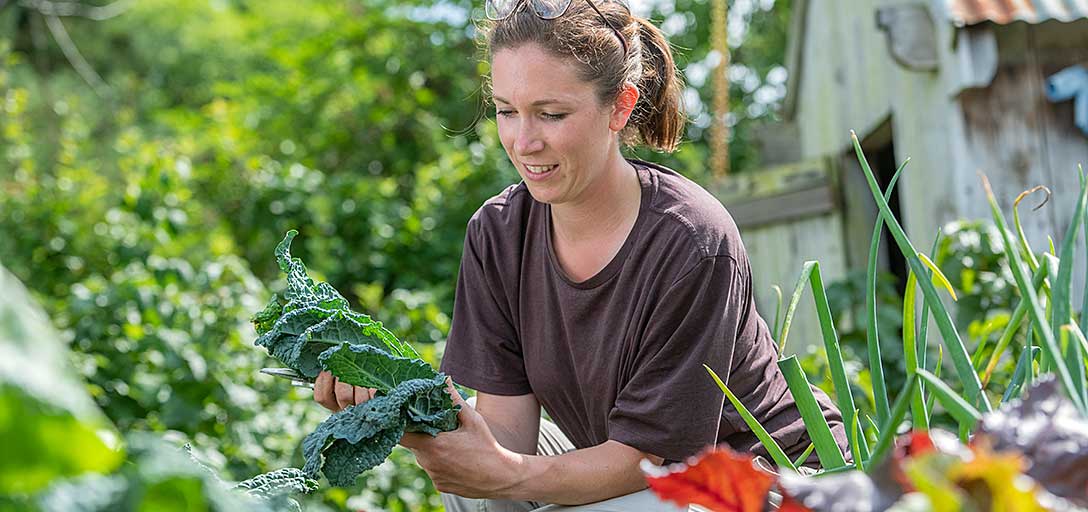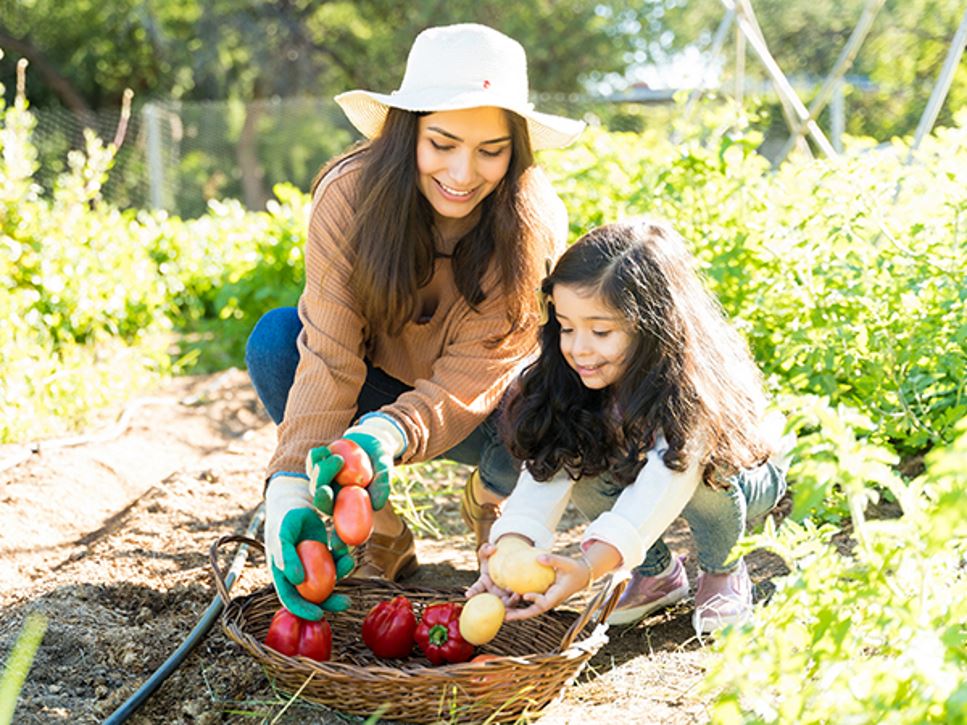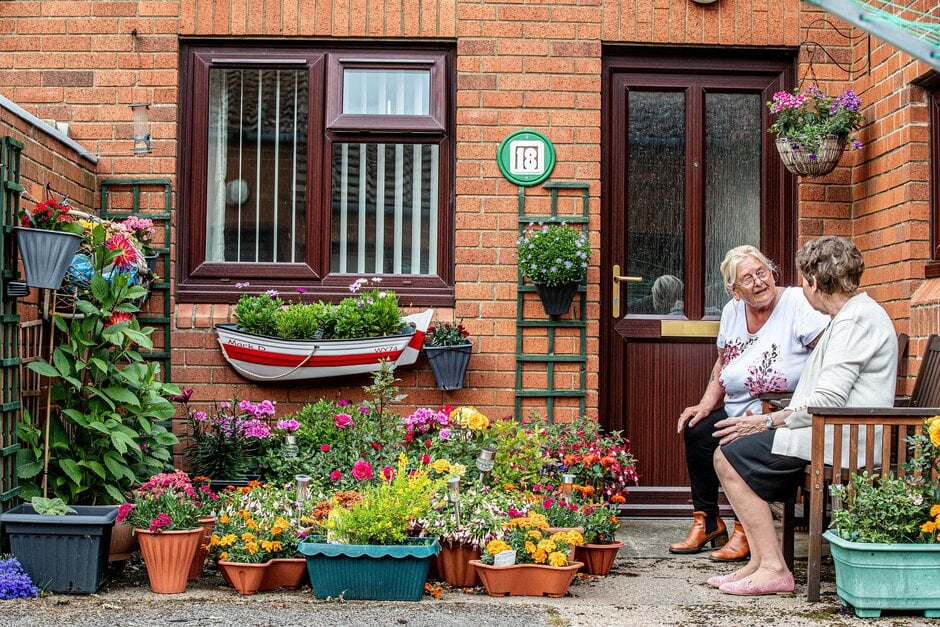
In an increasingly fast-paced world dominated by screens and urban hustle, many people are turning to gardening as a simple yet profound way to reconnect with nature and themselves. Whether it's tending to a windowsill herb garden or cultivating a backyard plot, gardening offers more than just aesthetic or culinary rewards—it's a powerful tonic for mental health. Scientific research and personal anecdotes alike highlight how digging in the dirt can reduce stress, boost mood, and foster a sense of accomplishment. But why exactly does gardening have this effect, and how can you maximize its benefits? Let's explore.
The Science Behind Gardening's Mood-Boosting Power

Gardening's positive impact on mental well-being isn't just anecdotal; it's backed by a growing body of evidence. At its core, gardening combines physical activity, exposure to nature, and mindfulness, all of which contribute to improved psychological health.
One key reason is stress reduction. Studies show that gardening can lower cortisol levels, the hormone associated with stress, leading to decreased anxiety and a lighter mood. This effect is amplified by the rhythmic, repetitive tasks involved, such as weeding or watering, which create a soothing routine that eases tension after a long day. In fact, even viewing plants can alter brain activity, reducing feelings of fear, anger, and sadness while lowering blood pressure and pulse rate, as demonstrated in Japanese research.
Another benefit comes from the microbiome connection. Soil contains beneficial bacteria like Mycobacterium vaccae, which, when inhaled or absorbed through the skin, can trigger serotonin release in the brain—the "happy hormone" that regulates mood. This natural antidepressant effect helps combat depression and enhances overall well-being. Gardening also promotes physical health outcomes that indirectly support mental health, such as reduced body mass index and increased life satisfaction, according to meta-analyses of multiple studies.
Exposure to nature plays a pivotal role too. Time spent outdoors in green spaces activates the brain's reward system and improves cognitive function, clearing brain fog and aiding focus. For instance, just a few seconds of observing plants can accelerate stress recovery by up to 60%, thanks to the calming patterns of leaves and the color green. Gardening has even been linked to better memory retention, attention restoration, and a lower risk of mental health problems. A randomized controlled trial found that community gardening boosts fiber intake, physical activity, and resilience while pruning away stress.
Horticultural therapy, a dedicated field, underscores these benefits, showing how gardening reduces social isolation and anxiety across age groups. Plants release phytoncides—natural oils—that, when inhaled, induce calmness. Overall, regular gardening is associated with enhanced happiness, quality of life, and even longevity through better cognitive and emotional health.
Tips to Maximize Gardening's Mental Health Benefits

To reap the full rewards of gardening, approach it intentionally. Here are practical strategies drawn from experts and enthusiasts to enhance its therapeutic effects:
-
Start Small and Build Gradually: Begin with a manageable setup, like container gardening or a few pots on a balcony, to avoid overwhelm. This fosters a sense of achievement and prevents discouragement. As you gain confidence, expand to native plants that require less maintenance and support local ecosystems.
-
Incorporate Mindfulness and Sensory Engagement: Turn gardening into a meditative practice by focusing on the present moment—notice textures, colors, scents, and sounds. Engage in "garden yoga" or simply stroll mindfully among your plants to deepen relaxation. Inhaling plant aromas or touching soil can amplify serotonin boosts.
-
Make It Social: Join a community garden or share your harvest with neighbors to combat isolation. Acts of kindness, like gifting homegrown produce, build positive connections and a sense of belonging. Socializing in green spaces enhances the mood-lifting effects.
-
Align with the Five Ways to Wellbeing: Structure your gardening around connecting (with nature and others), being active (through physical tasks), taking notice (of growth and changes), learning (new skills), and giving (sharing tips or plants). Compost kitchen scraps to create nutrient-rich soil, promoting sustainability and a cycle of growth.
-
Schedule Regular Sessions: Aim for at least twice-weekly gardening to prune stress and improve well-being consistently. Combine it with other healthy habits, like cooking with your produce, to extend the benefits into daily life. For urban dwellers, even indoor plants or visits to botanical gardens can evoke awe and hope.
Remember, consistency is key—treat gardening as self-care, not a chore. If you're new, resources like DIY projects for small spaces can help you get started.
Conclusion: Plant the Seeds of Better Mental Health
Gardening isn't just about growing plants; it's about nurturing your inner world. By reducing stress, enhancing mood, and fostering connections, it offers a natural, accessible path to better mental health. Whether you're dealing with daily anxieties or seeking more joy, stepping into the garden can be transformative. So grab a trowel, start small, and watch both your plants and your well-being flourish. As one study aptly puts it, a regular dose of gardening could be just what the doctor ordered.